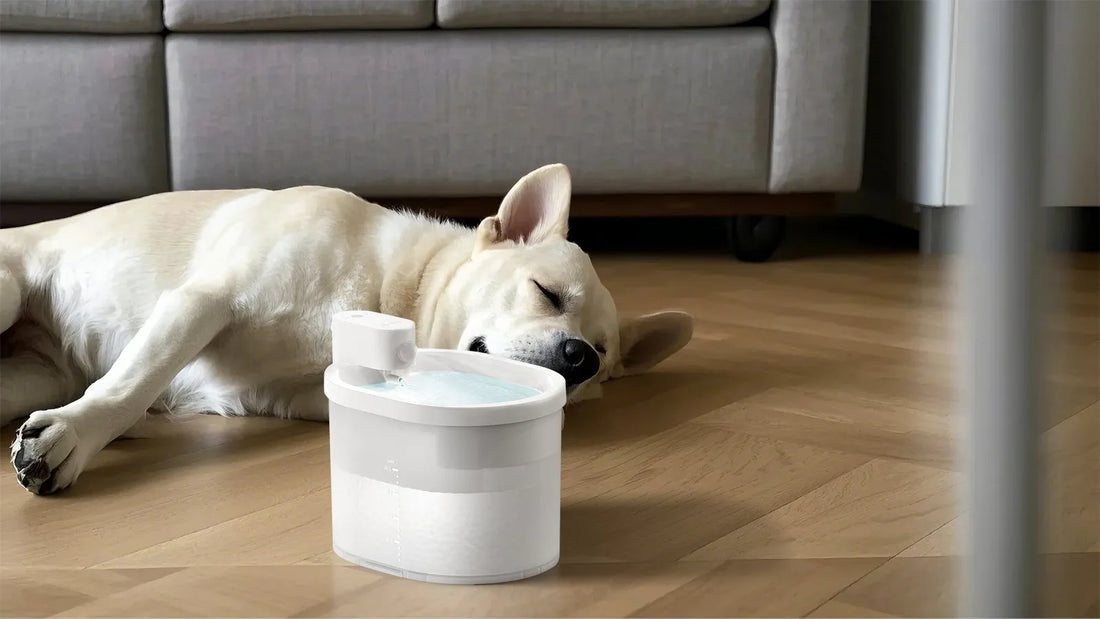When it comes to the survival of our feline companions, understanding their basic needs is crucial. One of the most pressing questions pet owners often ask is, how long can a cat live without eating or drinking? This article delves into the science behind a cat's survival, the physiological changes that occur during starvation and dehydration, and what you can do to ensure your cat remains healthy and hydrated.
The Importance of Food and Water for Cats
Cats, like all living creatures, require a consistent intake of food and water to maintain their bodily functions. Water is essential for digestion, circulation, and temperature regulation, while food provides the necessary nutrients and energy for daily activities. Without these vital resources, a cat's body begins to shut down, leading to severe health complications and, ultimately, death.
How Long Can a Cat Survive Without Water?
Water is even more critical than food when it comes to survival. A cat can typically survive without water for about three to four days. However, this timeline can vary depending on factors such as the cat's age, health, and environmental conditions. Dehydration can set in quickly, leading to symptoms like lethargy, dry mouth, and sunken eyes. In severe cases, dehydration can cause organ failure and death.
How Long Can a Cat Survive Without Food?
While cats can survive longer without food than without water, the absence of food still poses significant risks. A healthy cat can survive without food for about one to two weeks. However, after just a few days without eating, a cat's body will begin to break down its own muscle tissue for energy, leading to muscle wasting and weakness. Prolonged starvation can also result in liver failure, known as hepatic lipidosis, which is often fatal if not treated promptly.
Physiological Effects of Starvation and Dehydration
When a cat goes without food or water, its body undergoes several physiological changes. Initially, the body will use stored glycogen for energy. Once these reserves are depleted, the body begins to break down fat and muscle tissue. This process releases toxins into the bloodstream, which can overwhelm the liver and kidneys. Dehydration exacerbates these effects, as the body loses essential electrolytes and fluids, leading to imbalances that can affect the heart and other vital organs.
Signs Your Cat May Be Starving or Dehydrated
It's crucial to recognize the signs that your cat may be suffering from starvation or dehydration. Common symptoms include:
- Lethargy and weakness
- Dry or sticky gums
- Sunken eyes
- Loss of appetite
- Reduced skin elasticity
- Dark or concentrated urine
If you notice any of these signs, it's essential to seek veterinary care immediately.
Preventing Starvation and Dehydration in Cats
Preventing starvation and dehydration in cats involves ensuring they have constant access to fresh water and a balanced diet. Here are some tips to keep your cat healthy:
- Provide multiple water sources around your home
- Consider using a water fountain to encourage drinking
- Feed your cat a high-quality diet that meets their nutritional needs
- Monitor your cat's eating and drinking habits regularly
- Consult your veterinarian if you notice any changes in behavior or appetite
What to Do If Your Cat Stops Eating or Drinking
If your cat stops eating or drinking, it's essential to act quickly. Start by offering them their favorite food or treats to stimulate their appetite. Ensure their water is fresh and clean, and consider offering wet food, which has a higher moisture content. If your cat continues to refuse food or water, or if they show signs of illness, contact your veterinarian immediately. Early intervention can make a significant difference in your cat's recovery.
The Role of Veterinary Care
Veterinary care is crucial in managing and preventing the effects of starvation and dehydration in cats. Your veterinarian can provide guidance on proper nutrition, hydration, and overall health care. They can also diagnose and treat any underlying conditions that may be affecting your cat's appetite or water intake. Regular check-ups are essential to ensure your cat remains in good health.
Understanding how long a cat can live without eating or drinking is vital for any pet owner. By recognizing the signs of starvation and dehydration, and taking proactive steps to ensure your cat's well-being, you can help your feline friend live a long, healthy life. Remember, when in doubt, always consult your veterinarian to ensure your cat receives the best possible care.













